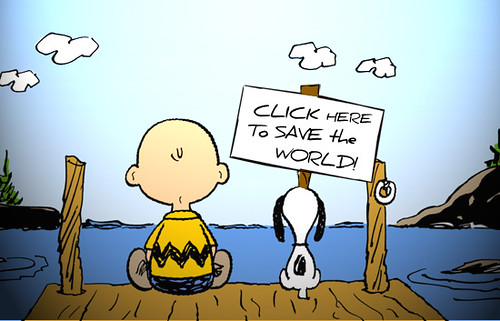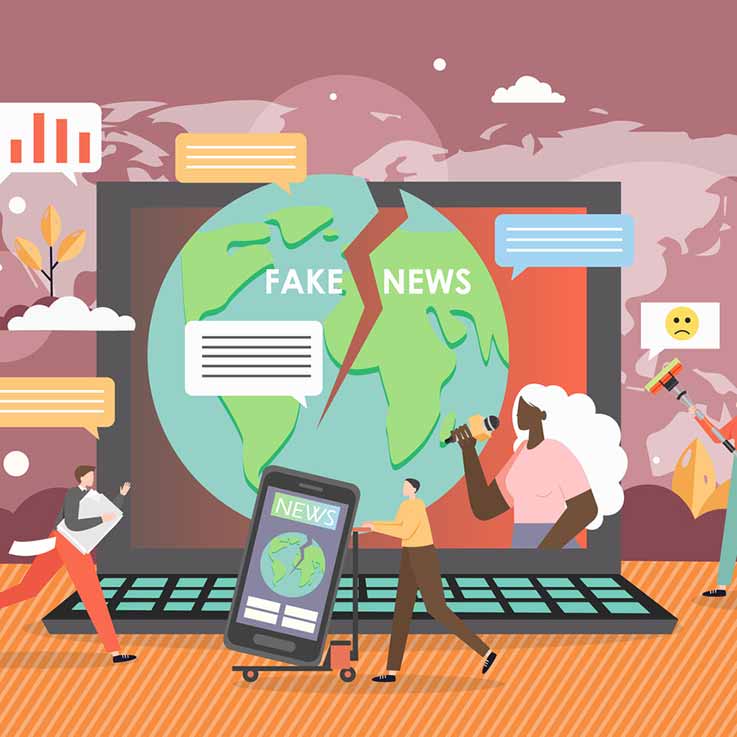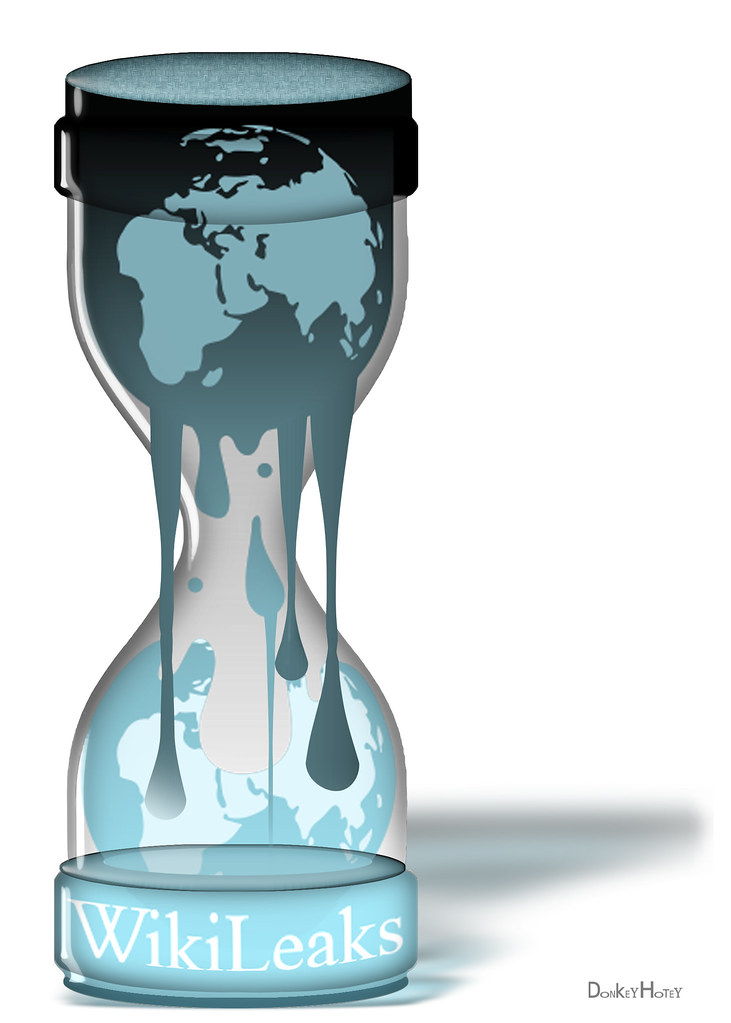
Unless you live a life free of social media -in which case I am both astounded and jealous- you have probably been bombarded with information about climate strikes, environmentalism and about a young woman who gave an awe-inspiring speech in front of world leaders just last week.
Indeed, the Ms. Thunberg’s words have forced young and old all over the globe to question their consumption habits, in the hope of achieving a more just and sustainable economic model. Not without controversy, of course.
Commentators left, right and centre have been questioning the agenda and the background of this Swedish activist, to the point where the discussion about the environment has been transformed into a discussion about sinister political powers, about vegetarianism and its effectiveness, about capitalism and, for me personally, about our relationship with online information. As with many online debates, it is not so much the debate itself which holds meaning as much as its reflection in broader social issues.
Many times before, I have heard and read the notion that, in an age of ubiquitous and accessible information such as the one we are living in, it is imperative to stay informed. The struggle never sleeps, eh.
It is ethical, essential even that we stay attached to our technology and that we research every issue we come across in depth, that we analyse both sides and that we have an informed opinion on everything, just because we now can.
I see two major flaws in this expectation:
- The first one being that, often, the information that is available to us is the direct result of the social groups that we inhabit, both online and off. We can hardly blame someone for not explicitly researching information that wasn’t ever presented to them. Of course, information of all kinds is out there, but it is hard to be informed on topics that are not so much as mentioned to us. Furthermore, we now know that social media specifically targets us with information tailored to our personal tastes and views, so it is getting harder and harder to research a topic without specifically setting out to challenge one’s views.
I am from a cosmopolitan, multi-lingual, European family. My parents are journalists. If I know a lot about current events, about diplomacy, about Italian politics, about religious studies and about ecumenism, it is certainly not because I spent countless hours learning about these topics in a library. It is because I am lucky enough to have been exposed to them
- My second objection is more personal and controversial: even though it is wonderful to live in an age where information is at our fingertips, we must recognise that that information comes with an overwhelming, even tiring amount of background noise, of controversy, of fake news, of ridiculous commentary on current events (https://twitter.com/realdonaldtrump/status/1176339522113679360) , which seems to detract from the value of receiving the information itself in real time.
For these reasons, I think there is immense pressure on all of us to carry our online personality in a way that not only is ethical, but looks ethical to the public eye. Posting an article about something has become more important that being able to hold a conversation about the same topic. And to thing, we may have only got our hands on that well-informed article because we are lucky enough to be in the same smart, educated social circle as the person who posted it before us.
The issue with the expectation to simply “be informed” and to “educate oneself” is that one may simply not be as lucky as I am, one may not necessarily have the tools and the cultural background to find information about the topic at hand.
Furthermore, and this refers specifically to the environment, one might not want to get into arguments with everybody every day. One might now want to discuss the antics of a 16-year-old with every hate-spurring geriatric who claims to have the answer to the climate crisis. Or worse still who claims that it is not real. Once one has acquired the amount of information that one considers “enough” (who decides what is enough?), why should one actively participate in a debate filled with people who insult, undermine, ignore evidence and have bad grammar?
I have had it with Greta Thunberg being centrestage of my Facebook feed. I am a vegetarian, I try and reduce my plastic waste, I try to reduce my carbon footprint but no, I don’t want to talk about this every day. Am I “ignoring” the problem just because I refuse to debate about it online?




So many of your points hit home, and you’ve pretty much summed it up by saying that “the struggle never sleeps” (and you’re right in that “being informed” is, to an extent, a privilege). I think it’s taken for granted, too, how mentally and emotionally exhausting it is to keep up/be bombarded with the latest news/takes on an issue – at the end of the day, we only have so many fucks to give.
Beautiful piece and such a solid comment. I love this.
I really love what you said here: “…there is immense pressure on all of us to carry our online personality in a way that not only is ethical, *but looks ethical to the public eye*”. This notion truly distracts from the bigger picture because we should be seeking to better understand the world around us rather than simply playing the passive ‘woke’ role.
Also, love what you said Amanda about how draining it can be to keep up with it all. If we expend so much energy just sifting through all these CTAs and varied perspectives, we will have nothing left to give when it comes to actual action (or even just leading our normal lives!)
Thank you for this piece!